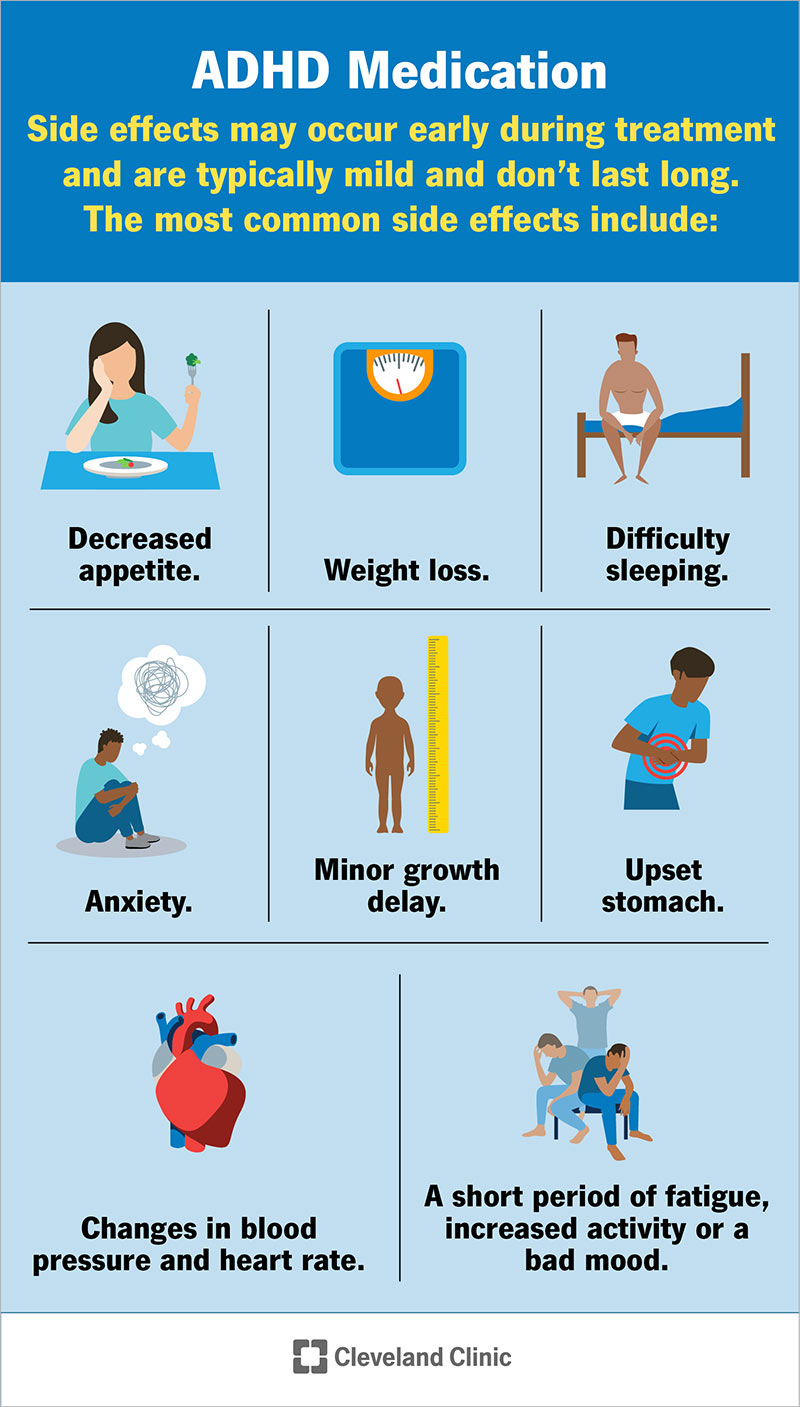Exploring Reliable ADHD Treatment Alternatives for All Ages
The intricacies of Interest Deficiency Hyperactivity Problem (ADHD) present distinct difficulties throughout different age teams, necessitating a thorough exploration of reliable therapy alternatives. A mix of behavior treatments, pharmacological interventions, and lifestyle modifications has shown promise in attending to the varied demands of people with ADHD.
Recognizing ADHD and Its Impact
Attention-Deficit/Hyperactivity Disorder (ADHD) is a neurodevelopmental problem defined by relentless patterns of negligence, attention deficit disorder, and impulsivity that can substantially affect various facets of a person's life. It normally materializes in childhood, although signs and symptoms can continue into adulthood. The core signs and symptoms of ADHD can interfere with academic efficiency, impede social interactions, and complicate work ventures.
People with ADHD usually fight with maintaining focus on tasks, arranging tasks, and following up on guidelines, which can lead to academic underachievement (Depression Treatment). In social contexts, impulsivity may result in problems in forming and maintaining relationships, as people may disrupt conversations or make rash decisions without taking into consideration repercussions
The variability in signs and symptom presentation implies that ADHD can affect people in a different way, demanding a tailored approach to administration. Comprehensive recognition of ADHD's nature and implications lays the groundwork for checking out ideal treatment choices customized to each person's requirements.
Behavioral Therapies for ADHD
Countless behavior modifications have been established to efficiently deal with the challenges connected with ADHD, concentrating on changing specific actions and promoting necessary skills. Amongst the most recognized approaches are cognitive-behavioral treatment (CBT), parent training, and social skills training.
CBT aids people determine and change adverse idea patterns and habits, promoting an extra favorable overview and improved self-regulation. This treatment commonly includes practical approaches for taking care of impulsivity and enhancing organization. Parent training programs empower caregivers by furnishing them with strategies to enhance positive behaviors and set regular borders, which can be particularly useful for youngsters with ADHD.
Social abilities training is one more important element, teaching people with ADHD just how to engage successfully with peers - Depression Treatment. This technique commonly includes role-playing and feedback to enhance interaction, participation, and problem resolution abilities
Including these behavioral therapies right into a detailed treatment plan can substantially improve operating and lifestyle for individuals with ADHD. Inevitably, the efficiency of these treatments relies on tailored approaches that take into consideration the unique needs of each individual, consequently fostering strength and adaptability in day-to-day live.
Medication Options Available
For several individuals with ADHD, medication can play a considerable role in handling signs and symptoms and boosting overall functioning. The two key groups of medications prescribed for ADHD are stimulants and non-stimulants.
Stimulants, such as methylphenidate and amphetamine-based medicines, are the most frequently used treatments. These drugs work by increasing the levels of neurotransmitters, particularly dopamine and norepinephrine, in the brain, which aids enhance focus and decrease impulsivity and attention deficit disorder. They usually yield rapid outcomes, making them a preferred option for many people.

It is essential for medical care companies to conduct a complete evaluation check here to determine the most suitable medicine based upon individual needs, case history, and prospective side results. Normal follow-up and monitoring are also essential to make certain the effectiveness of the selected treatment and to make any type of necessary changes.
Way Of Living Modifications to Think About
Managing ADHD successfully prolongs beyond medicine, as way of life adjustments can dramatically enhance overall health and signs and symptom control. Integrating organized regimens is essential; regular routines assist individuals with ADHD handle their time successfully and lower sensations of bewilder.
Routine exercise is an additional important component. Exercise not only assists to boost concentration yet also boosts state of mind and lowers anxiety visit site levels. Tasks such as yoga exercise or team sports can be specifically advantageous, advertising both fitness and social interaction.
Nutrition also plays a crucial role. Depression Treatment. A balanced diet abundant in omega-3 fatty acids, whole grains, and lean proteins can add to improved focus and cognitive function. Restricting sugar and processed foods is a good idea, as these can aggravate attention deficit disorder and impulsivity
Rest health is essential for managing ADHD symptoms. Establishing a normal rest routine and producing a restful environment can improve rest high quality, resulting in much better attention and psychological regulation.
Alternative and All Natural Methods
Alternate and holistic strategies to ADHD treatment use a varied range of choices that complement standard techniques. These strategies frequently focus on way of living adjustments, nutritional interventions, and therapeutic methods that aim to improve total well-being while resolving ADHD signs and symptoms.

Mindfulness and behavioral therapies are also obtaining traction as holistic interventions. Practices check that such as yoga exercise, meditation, and cognitive-behavioral treatment can grow self-regulation and improve interest. These techniques support emotional strength, which is particularly advantageous for individuals with ADHD.
Herbal supplements, such as ginkgo biloba and ginseng, are sometimes explored; nonetheless, it is vital to consult healthcare specialists prior to integrating these into treatment strategies. While choice and holistic approaches can give important support, they must preferably be made use of combined with evidence-based therapies to accomplish optimal outcomes for handling ADHD throughout every ages.
Verdict
In recap, effective ADHD treatment necessitates a thorough technique that includes behavior treatments, drug, way of living adjustments, and holistic techniques. This diverse strategy highlights the significance of individualized care in addressing the diverse requirements of people with ADHD across all age groups.